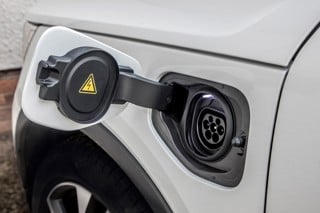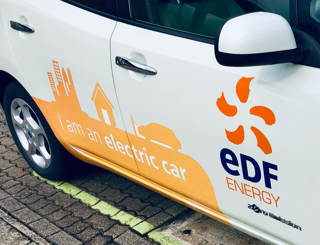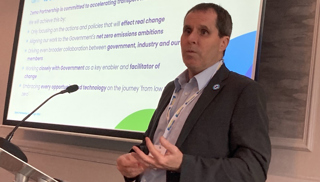Corporate fleets hold the key to meeting Europe’s ambitious decarbonisation targets for the transport sector, research by ShareAction has found.
The responsible investment NGO has urged investors to engage with companies to commit to 100% zero emission vehicles by 2030.
Ideally, it said, corporates should make their commitment through initiative such as EV100, which allow progress to be verified and have the additional benefit of sending a demand signal to build wider momentum.
Jana Maria Hock, senior research officer at ShareAction, said: “With nothing to lose and much to gain, engagement on corporate fleet conversion should be the next priority topic for climate-conscious investors.”
ShareAction said fleets make up to 20% of vehicles on European roads, but create half the emissions from European road transport, as corporate vehicles tend to be larger and are driven for longer distances than private vehicles.
By switching their fleets to EVs, ShareAction said corporates can accelerate the adoption of consumer EVs by
- Driving down costs: by increasing demand for batteries, corporate fleets can drive down costs for consumers. With each doubling in volumes of battery demand, the cost of production falls by 18% to 20%.
- Building out charging infrastructure: An accelerated fleet conversion to fully electric vehicles would double global charging infrastructure compared to a business as usual scenario. Charging concerns have been a historic hurdle in EV adoption, making this a significant opportunity for accelerating consumer uptake.
- Increasing the size of the used EV market: As fleets have a faster turnover than private vehicles, they influence the second-hand autos market more. An accelerated transition from ICE to fully electric fleets is estimated to increase the size of the used EV market by 40% in 2030 and 70% in 2040.
- Ensuring supply of key materials: There is a risk that demand for key raw materials needed to manufacture electric batteries will outstrip supply as early as 2026 due to inadequate investment in infrastructure for extraction and recycling. Early demand signals from corporate fleets can encourage these investments and ensure sufficient supply of minerals.
























Login to comment
Comments
No comments have been made yet.